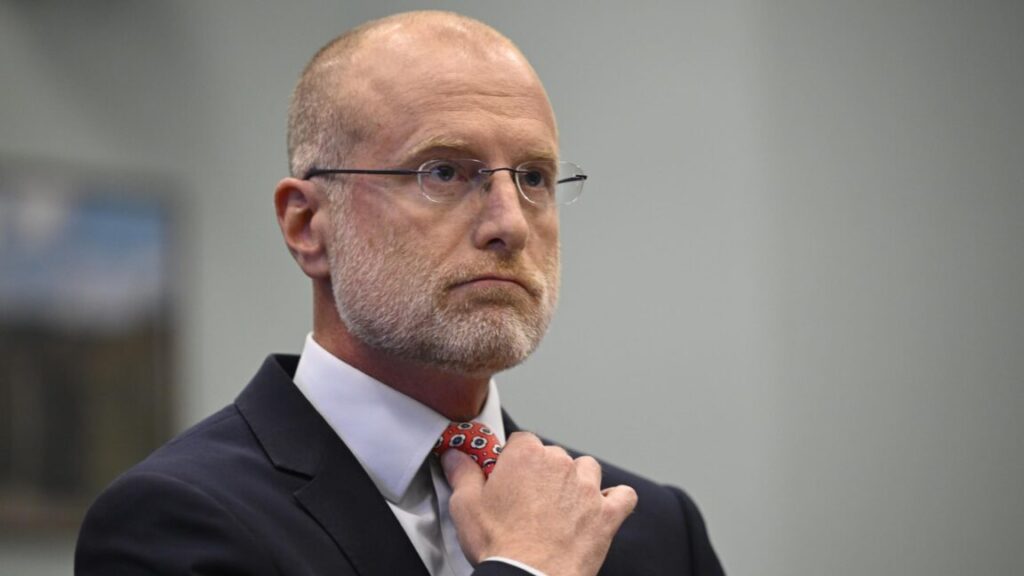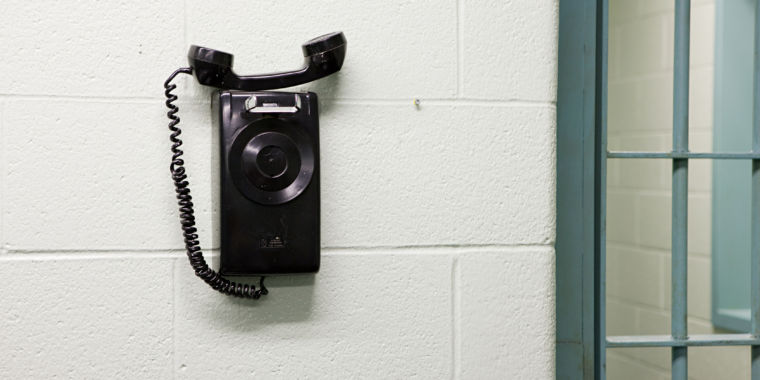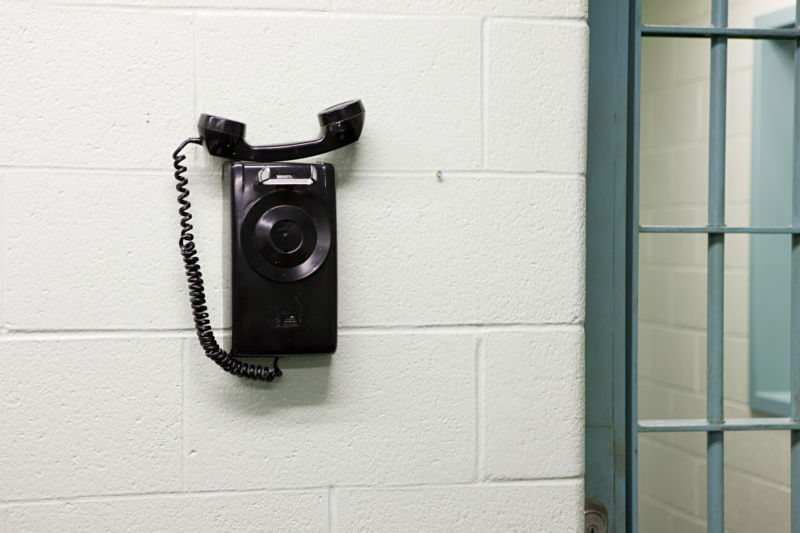FCC chair decides inmates and their families must keep paying high phone prices
Federal Communications Commission Chairman Brendan Carr has decided to let prisons and jails keep charging high prices for calling services until at least 2027, delaying implementation of rate caps approved last year when the FCC had a Democratic majority.
Carr’s office announced the change yesterday, saying it was needed because of “negative, unintended consequences stemming from the Commission’s 2024 decision on Incarcerated People’s Communications Services (IPCS)… As a result of this waiver decision, the FCC’s 2021 Order rate cap, site commission, and per-minute pricing rules will apply until April 1, 2027, unless the Commission sets an alternative date.”
Commissioner Anna Gomez, the FCC’s only Democrat, criticized the decision and pointed out that Congress mandated lower prices in the Martha Wright-Reed Act, which the FCC was tasked with implementing.
“Today, the FCC made the indefensible decision to ignore both the law and the will of Congress… rather than enforce the law, the Commission is now stalling, shielding a broken system that inflates costs and rewards kickbacks to correctional facilities at the expense of incarcerated individuals and their loved ones,” Gomez said. “Instead of taking targeted action to address specific concerns, the FCC issued a blanket two-year waiver that undercuts the law’s intent and postpones meaningful relief for millions of families. This is a blatant attempt to sidestep the law, and it will not go unchallenged in court.”
Price caps have angered prison phone providers and operators of prisons and jails that get financial benefits from contracts with the prison telcos. One Arkansas jail ended phone service instead of complying with the rate caps.
Win for prison telco Securus
Carr issued a statement saying that “a number of institutions are or soon will be limiting the availability of IPCS due to concerns with the FCC’s 2024 decision,” and that “there is concerning evidence that the 2024 decision does not allow providers and institutions to properly consider public safety and security interests when facilitating these services.” Carr’s office said the delay is needed to “support the continued availability of IPCS for incarcerated people.”
FCC chair decides inmates and their families must keep paying high phone prices Read More »


